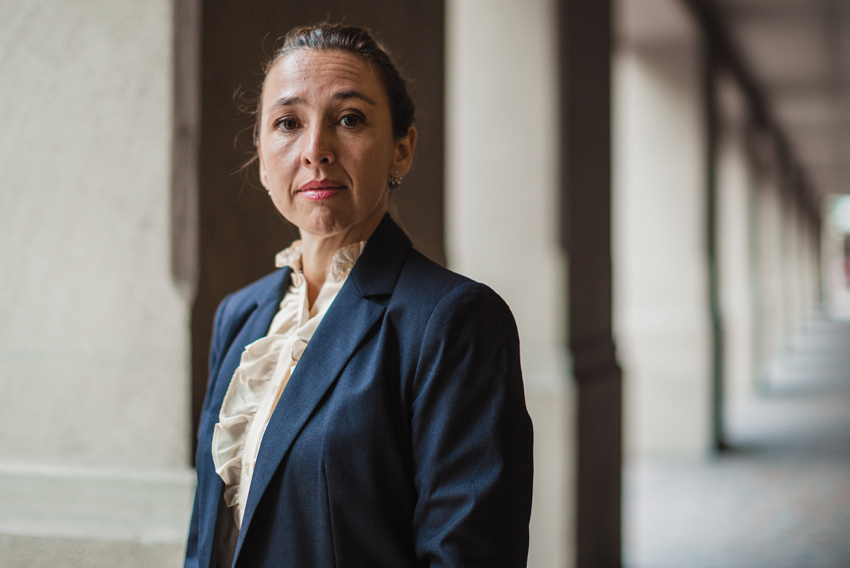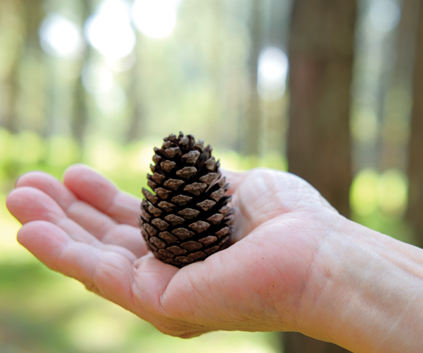Does my eating disorder have a place at my “professional-world” table?
Reprinted from the Is It Safe to Be Me? Creating inclusive and accessible workspaces issue of Visions Journal, 2024, 20 (1), pp. 22-23

I'm a professional, a mom, an athlete, a professor, a researcher, a friend and more. I'm hard-working, enthusiastic, resilient, fun, caring and a little stressed. I love to refinish old furniture and other creative endeavours. These things may be how my colleagues describe me, see me or engage in conversation with me. What about the days, though, when I look and act stressed or tired, or have a hard time connecting?
On the days my eating disorder (ED) comes to work with me in a big way and fills my briefcase, I can't explain that it's the reason I feel this way. I need to make up something else that is "acceptable" to talk about. This makes me feel lonely, unsupported and not true to myself or my colleagues.
You know those "bring your kids to work" or "job shadow" days? Well, my ED comes to work with me every day; it's a daily shadow. However, I don't get to show it off, be excited about it or have it engage with my work or colleagues.
My ED is such a huge part of my story, which began in my late teens, yet I have few safe people to share it with, certainly no one at work. I end up pushing it down and feeling squashed. If you are living with an ED, I'm sure you can relate. It's not welcome at the professional-world table.
We spend so much time at work. Any job can be competitive, and the very nature of that can fuel an ED. How do we explain or ask for a sick day or leave? Workplace meetings, luncheons and social events can also be a struggle. We are left to find creative ways to not eat this, to have that instead, or not this much but that much. That added stress may have us avoiding these social situations.
Oh, the ED will love that—but then we miss out!
The nuances of how our ED shows up varies (i.e., from a very full to a relatively empty briefcase), but it's there, no matter where we are in our recovery (or not). I am in the field of health, and eating disorders is an area I research and teach about. Logically, I know the value of having both academic training and lived experience, yet it makes it harder to say, "this is my health issue" because of the very nature of the field I'm part of. We all know it's not about will or knowledge or food! Hence, I remain anonymous in this article. In certain circumstances I am happy to share.
We're all dealing with something. Many, more than we know, also share the experience of EDs. I find support among those who also have lived experience and with close friends and family who accept, even if they don't understand.
I hope you find those people for you, so when you show up to work, your ED takes up only a little pocket in your briefcase. Hopefully, the ripple effect of more interactions is greater understanding in the workplace.

I leave you with an image of one of my favourite pieces of nature, a pinecone. I've always loved them, collected and displayed them. During one of the many times I have picked one up off a trail, I had an "ah-ha" moment: all pinecones are unique and beautiful and deserve to be cared for, just like every body! Next time you see a beautiful pinecone, pick it up, cherish it and think of wonderful you.
About the author
Mary Anna is a 60ish-year-old health educator and researcher. She has lived with disordered eating since her twenties. High functioning and successful, still, she wonders what she might have achieved otherwise. Her aim is to share, educate and decrease the impact of this illness for others. Mary Anna lives in the Okanagan
